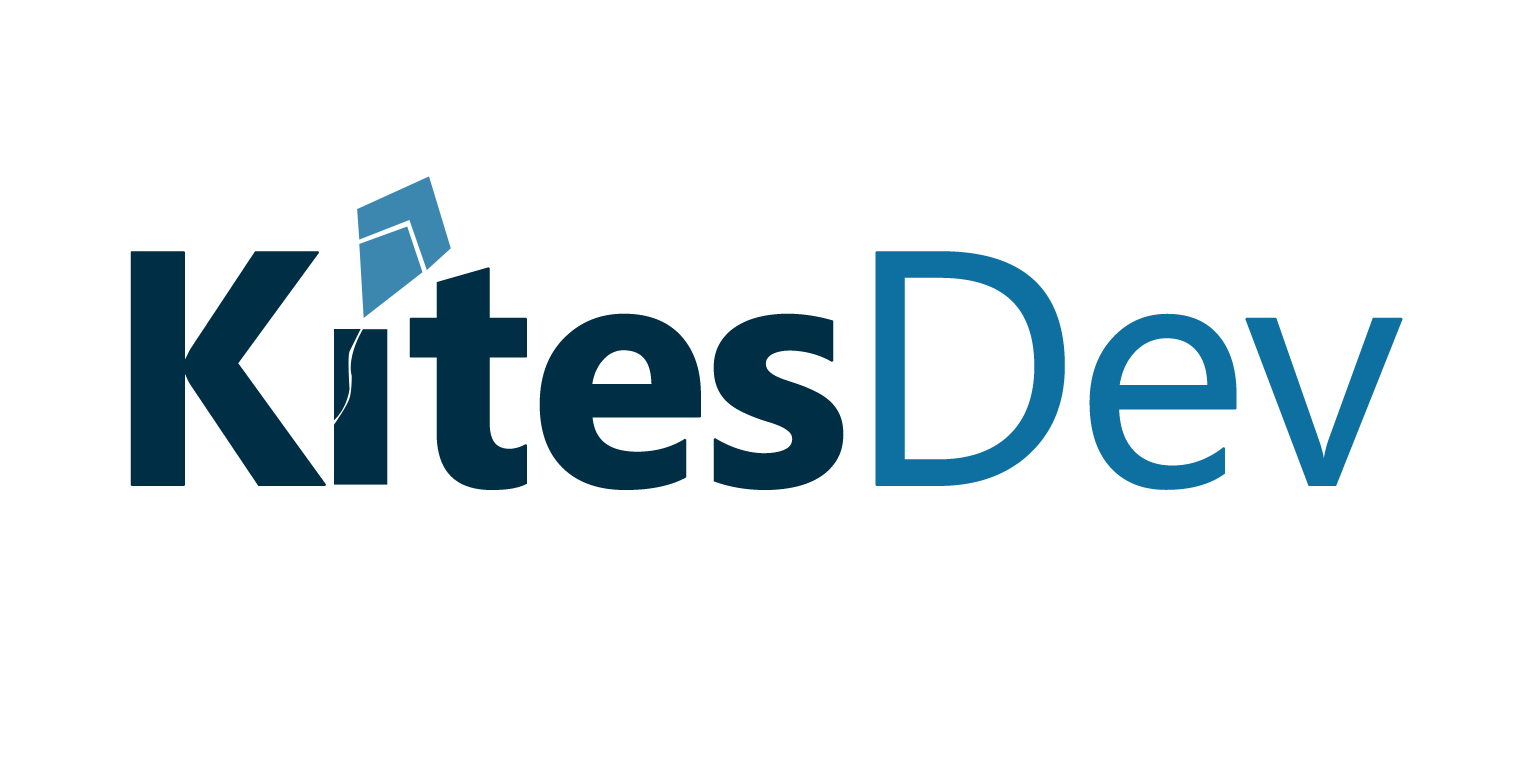How Artificial Intelligence Is Transforming Our Understanding of the Human Brain
The human brain is one of the most complex and fascinating organs in the world. It is responsible for everything from abstract thought to motor control, and is the source of all of our emotions, memories, and behavior. For centuries, scientists have been trying to unlock the inner workings of the brain in an effort to better understand the human experience. Now, with the help of artificial intelligence (AI), researchers have made great strides in their understanding of the brain, and are using AI to create new technologies and treatments.
One of the most exciting applications of AI in neuroscience is its ability to analyze large amounts of data quickly and accurately. This has enabled researchers to identify new patterns and connections in the brain that were previously undetectable. For example, AI is being used to map neural pathways in the brain and identify brain disorders, such as Alzheimer’s disease, Parkinson’s disease, and depression. It is also being used to develop new treatments for these conditions, as well as to create personalized treatments for individual patients.
AI is also being used to explore how the brain works on a more fundamental level. Researchers are using AI to simulate the behavior of neurons and create models of how the brain processes information. This could lead to a better understanding of how the brain works and how it can be manipulated to treat neurological disorders. Additionally, AI is being used to develop brain-computer interfaces, allowing users to control devices with their thoughts.
AI is also being used to develop new technologies, such as brain-machine interfaces, which allow users to control machines with their thoughts. This technology could be used to create prosthetics that could be controlled by thought, or to help treat neurological conditions such as paralysis and blindness. Additionally, AI is being used to create virtual and augmented reality experiences, allowing users to immerse themselves in digital worlds.
Overall, artificial intelligence is revolutionizing our understanding of the human brain. It is allowing researchers to uncover new patterns and connections, and to develop new treatments and technologies. In the future, AI could lead to a better understanding of the brain and new treatments for neurological conditions.




